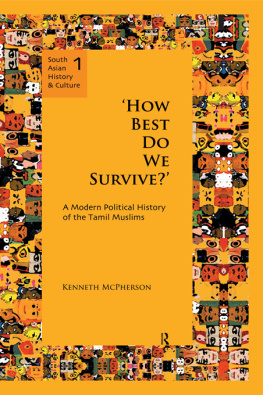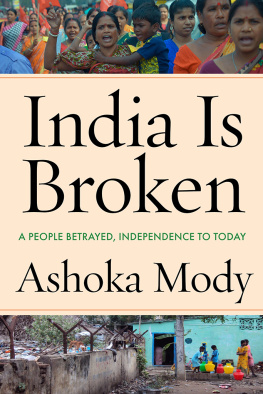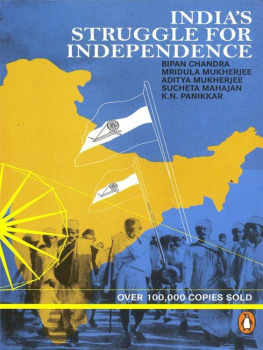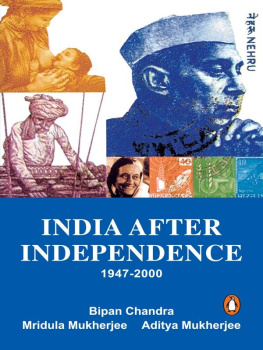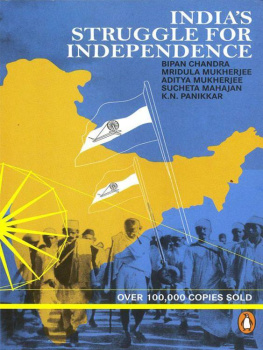FREEDOM STRUGGLE BETRAYED
India 1885-1947
Revised Edition: August 1997
First published (under the title: INDIAN NATIONAL CONGRESS: How Indian? How National? ): January 1988
by
R.U.P.E. (Research Unit for Political Economy)
Published by Rajani X. Desai on behalf of Research Unit for Political Economy, under People's Research Trust (Regd.) at 18, 'Peter Marcel' Bldg., Plot 941, Prabhadevi, Opp. Prabhadevi Temple, New Prabhadevi Rd., Bombay 400025, India. Tel: 4220492
The current efforts of the Government and mass media to celebrate the 50th anniversary of India's 'independence' are faced with complete lack of enthusiasm on the part of the common people of the country. Popular disgust at the country's economic, political and social condition is at unprecedented levels. Why has a land so rich in natural, cultural and intellectual resources been reduced to such a state?
Some would ascribe the blame merely to the character of the leaders who came after 1947. However, a proper inquiry should lead us to examine the exact nature of the political deal struck in 1947 whereby the Indian State came into existence, and further the events that led to this deal. The present condition of India has its roots in the fate of the freedom struggle.
This book traces the course of the Indian freedom movement, the heroic struggles of the common people of our country, and the cunning betrayal of those struggles by the leadership of the Indian National Congress. The respective roles of Gandhi, Nehru, Bhagat Singh, the Communist Party, and others are briefly described, as are most of the major popular agitations for independence. The perspective presented differs sharply with all the establishment views on the topic.
The first edition of this book appeared under the title Indian National Congress: How Indian? How National? It is intended for the ordinary reader.
Table of Contents
Page No. |
Preface to the First Edition | |
Preface to the Second Edition | |
I. | Birth and Nurturing | |
II. | Congress and Swadeshi | |
III. | World War I; Threat of Revolution; Entry of the Mahatma | |
IV. | Rowlatt Movement and Congress Satyagraha | |
V. | From Non-Cooperation to Chauri Chaura | |
VI. | Congress in the Councils; Masses in the Streets | |
VII. | 1928-29 Worker-Peasant Upsurge and Congress | |
VIII. | Struggle Within Congress Against the Leadership | |
IX. | The Shaping of Jawaharlal | |
X. | 'Complete Independence' Slogan Betrayed | |
XI. | 1934-37: Congress Cultivates a Radical Image | |
XII. | 1937-39: Junior Partners in the Raj | |
XIII. | 1942: Who Scuttled the Quit India Movement? | |
XIV. | New Raj in the Making | |
XV. | Divide, Slaughter and Rule | |
XVI. | Telangana: Glimmerings of a New Democracy | |
XVII. | Not Even the Shadow" | |
XVIII. | In Sum | |
All documents formatted by the Maoist Documentation Project
I. BIRTH AND NURTURING
PERHAPS no other organization in Indian history has managed to whitewash its true historical role as successfully as has the Indian National Congress.
Take the period between its founding in 1885 and the First World War, 1914-18: the facts, the documents, and practically every speech of the Congress leadership display fervent loyalty to the British sovereign, concern for the survival and expansion of the British Empire, and horror of the nationalists. There is not even any attempt, during this initial period, to disguise this loyalism: it is worn as a badge of respectability, it is considered a matter of pride.
Indeed, the existence of the Congress has its roots in imperial strategy. Among the British administrators a debate had been going on about the advisability of involving Indians in political and administrative life. The 1861 Indian Councils Act had provided for the barest minimum of such involvement. It had provided for an addition of six nominated non-official members to the Viceroy's Legislative Council, out of whom there could be a certain number of loyalist Indians. In 1858, after the suppression of the "Mutiny", a loyal Indian officer of the British Government had argued for this measure in the following manner:
"The evils which resulted to India from the non-admission of natives into the Legislative Council of India were various. Government could never know the inadvisability of the laws and regulations which it passed.... the greatest mischief lay in this that the people misunderstood the views and intentions of the Government.... I do not want to enter here into the question as to how the ignorant and uneducated natives of Hindustan could be allowed a share in the deliberations of the Legislative Council.... All I wish to prove here is that such a step is not only advisable, but absolutely necessary, and that the disturbances are due to the neglect of such a measure.... All causes of rebellion, however various, can be traced to this one. " (emphasis added)
To Secure against Rebellion
Here, we already see one major common feature of the pleas for reform that were to follow under the British Raj: it was that they came not as demands for reform raised during a struggle but as internal advice - ie, counters to, and diversions from, any struggle for a radical break with the Raj.
The continuing unrest in the 1870s and 1880s produced a continuing debate among the British administrators as to how to deal with the Indians. One school proposed a hard line: Lytton, who was Viceroy from 1876 to 1880, was contemptuous of the "Baboos, whom we have educated to write semi-seditious articles in the native press, and who really represent nothing but the social anomaly of their own position." Yet he too sought Indian collaborators, though he sought them in a narrow social section, on the conviction that "To secure completely and efficiently utilise the Indian aristocracy is... the most important problem now before us."
The more far-sighted imperialists realised that the Empire could afford seemingly more generous (though equally meaningless) concessions. Major Baring, Finance Member of the Viceroy's Council, was actually even more contemptuous of the emerging Indian politicians; but it was precisely in this spirit that he proposed to give them greater "self-representation":
"We shall not subvert the British Empire by allowing the Bengali Baboo to discuss his own schools and drains. Rather shall we afford him a safety-valve if we can turn his attention to such innocuous subjects...."
The Local Self-Government Acts of 1883-84 brought this into practice. Ripon, under whose viceroyalty (1880-84) they were instituted, became the darling of those Indian politicians who were later to form the Congress - Surendranath Banerjea, Dadabhai Naoroji, M.G. Ranade, and so on. Ripon himself was obviously not motivated by a desire to give Indians independence, but rather to widen slightly the circle of collaborators. He sensed more acutely than did Lytton the potential for mass unrest, and hence what he called "the hourly increasing... necessity of making the educated natives the friends, instead of the enemies, of our rule."
Next page

